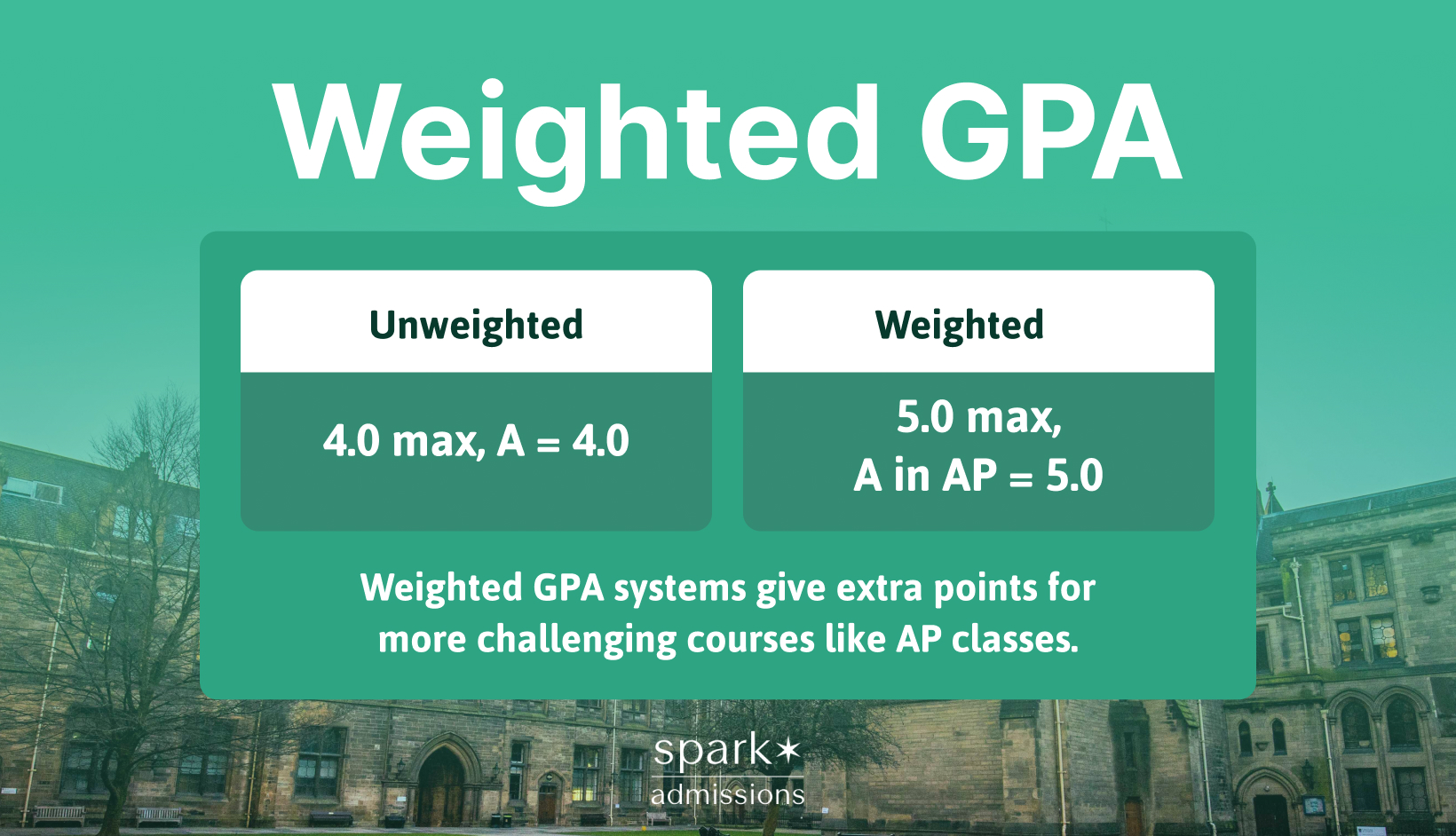
The strategic selection of coursework represents a fundamental component of the college admissions process. Among the various options available to high school students, Advanced Placement (AP) courses stand as particularly significant in the complex landscape of college applications. This article explores the question “How do AP classes affect GPA?” by examining the multifaceted relationship between taking AP classes and grade point average (GPA) calculations, elucidating the mechanisms through which these college-level courses influence academic metrics and, consequently, admissions outcomes.

Understanding How AP Classes Affect GPA
The primary mechanism through which AP courses positively impact grade point average lies in the implementation of weighted GPA systems. Standard unweighted GPA calculations operate on a 4.0 scale wherein an A corresponds to 4.0 points, regardless of course difficulty. Conversely, weighted scale systems acknowledge the increased rigor of advanced coursework by assigning additional numerical value to grades earned in AP classes.
Most educational institutions employ a system wherein AP courses receive a 1.0 point enhancement over regular classes. Thus, an A in an AP course corresponds to 5.0 points rather than the standard 4.0. This quantitative adjustment serves to differentiate students who pursue challenging college-level coursework from those who maintain equivalent letter grades in regular courses.
The College Board, the organization that administers AP exams, notes that most U.S. high schools implement some form of weighted GPA calculation for advanced coursework. This practice recognizes that the difficulty level of AP courses exceeds that of standard curriculum options, requiring students to master more material and engage with college-level work.
AP Classes vs. Honors Courses and Other Higher-Level Classes
When considering how to boost your GPA, students must understand the hierarchy of coursework rigor. While honors classes typically receive a 0.5 point enhancement on a weighted scale, AP courses generally receive the full 1.0 point advantage. This distinction acknowledges that AP courses require students to engage with college-level coursework, culminating in standardized AP exams that may include multiple choice and short answer sections.
The International Baccalaureate (IB) program offers another pathway to rigorous study, with IB courses often weighted similarly to AP classes in GPA calculations. However, the AP program remains the most widely recognized advanced curriculum in the United States, with most students having access to at least some AP offerings.
The distinction extends beyond mere grade calculations. Many prestigious schools examine not only the weighted GPA but also the specific AP courses undertaken. AP World History, AP Calculus, AP English Literature, and AP Computer Science frequently carry particular weight in admissions decisions for related academic programs.

Strategic Selection of AP Courses Throughout High School Career
The impact of AP classes on grade point average requires strategic planning throughout a student’s high school career. Most students begin AP coursework in their sophomore or junior year, though some schools offer AP World History or other introductory AP classes to freshmen.
A thoughtful approach necessitates consideration of several factors:
First, students must realistically assess their capacity to earn good grades in challenging coursework. Taking many AP classes but performing poorly may negatively affect both weighted and unweighted GPA calculations.
Second, the selection of specific AP subjects should align with academic strengths and college aspirations. Students targeting STEM programs benefit particularly from strong performance in AP Calculus and science-related AP exams.
Third, progressive engagement with AP coursework demonstrates intellectual growth. Beginning with one or two AP classes and increasing the number in subsequent years allows students to adjust to the rigors of college-level work while steadily enhancing their GPA.
Fourth, many high school students now recognize that the successful completion of AP exams may enable them to earn college credit, potentially allowing them to graduate early or pursue a double major without additional tuition costs.
Related Article: What is a Good GPA in High School for College Admissions?
Institutional Variations in GPA Policies for AP Courses
The relationship between AP coursework and GPA calculations exhibits considerable institutional variance. Secondary schools implement diverse policies regarding the maximum number of weighted courses permitted, the specific numerical values assigned to advanced coursework, and the recognition of alternative advanced curricula such as IB courses or dual enrollment programs.
Some high schools cap the number of courses eligible for weighted GPA calculations, while others impose no limitations. Additionally, many schools implement tiered weighting systems that assign different point values to various advanced course designations, including honors class offerings and AP classes.
The impact your GPA experiences from AP coursework may, therefore, depend significantly on your specific school’s policies. Some institutions calculate and report both weighted and unweighted GPAs, allowing college admissions officers to evaluate academic performance through multiple lenses.
College admissions departments address these inconsistencies through holistic evaluation processes that consider both weighted and unweighted GPAs alongside course rigor. Admissions officers at prestigious schools typically recalculate GPAs according to standardized institutional formulae to ensure equitable comparison among applicants from different high schools.
Beyond GPA: The Comprehensive Value of AP Coursework
While the GPA boost represents a significant advantage of the AP program, the benefits extend far beyond numerical calculations. Successful performance on AP exams may allow students to receive credit for the corresponding course at many colleges, potentially saving tuition costs and creating flexibility in college schedules.
The academic rigor of AP courses in social sciences, world languages, and other disciplines prepares high school students for the demands of college-level work. Research consistently shows that students who successfully complete AP courses demonstrate stronger performance in subsequent college coursework compared to peers who did not engage with advanced material in high school.
Furthermore, high scores on AP exams signal to college admissions committees that an applicant has not merely sought to inflate their high GPA but has genuinely mastered college-level material. This substantive demonstration of academic capability frequently carries greater weight than the numeric GPA enhancement alone.
Balancing GPA Considerations with Comprehensive Academic Development
The relationship between AP classes and grade point average calculations represents a critical consideration for college applicants. The mathematical advantage conferred by weighted GPA systems provides quantifiable benefits in the college admissions process. Nevertheless, these benefits must be contextualized within a broader understanding of how admissions departments evaluate academic achievements.
Successful navigation of this complex relationship requires strategic course selection that balances the pursuit of GPA enhancement with genuine academic development. Students must consider the interplay between course difficulty, their capacity for academic success, and the specific evaluation methods employed by their target institutions.
Ultimately, the impact of AP classes on GPA extends beyond simple numerical calculations. These advanced placement courses simultaneously enhance quantitative academic metrics and develop the qualitative skills necessary for collegiate success. The most effective applicants leverage both dimensions, recognizing that genuine mastery of college-level coursework, rather than GPA manipulation, remains the fundamental objective of the AP program.


